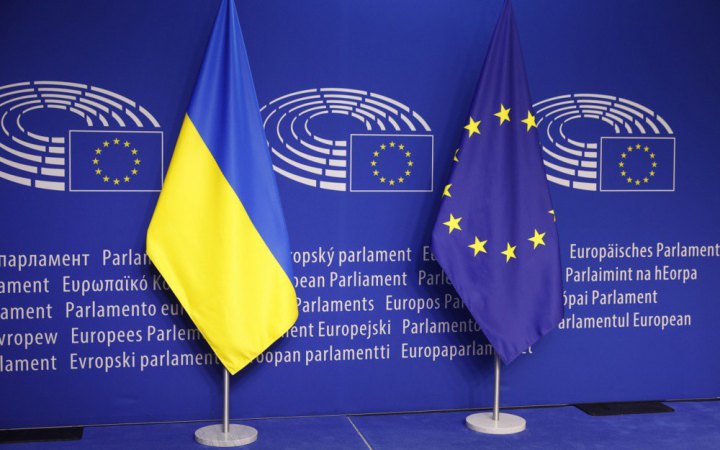Establishing state supervision over the legality of decisions made by local self-government bodies (LSGs) is an important component of Ukraine's international commitments under the Ukraine Facility programme, Oleksiy Ryabykin, Deputy Minister of Communities and Territories Development of Ukraine, said in a commentary to lb.ua.
According to him, Ukraine has a clear reform plan, according to which the implementation of the supervision system is a condition for receiving the next tranche of financial support from the European Union in the amount of 560 million euros. The reform requires new legislative decisions.
‘If we talk about the completion of the decentralisation reform, we are talking about the implementation of indicator 9.1, which provides for the transformation of local state administrations into prefectural bodies and the establishment of effective supervision over the legality of local government decisions. We need to adopt a law that is not declarative but contains clear implementation mechanisms,' said Oleksiy Ryabykin.
He emphasised that the Ministry supports the adoption of any of the draft laws that address the issue of supervision and coordination of territorial executive authorities, including No. 4298, No. 13150 and alternative versions. At the same time, the priority remains the adoption of a realistic and working law that not only formally declares intentions but also contains clear mechanisms for their implementation.
‘A formal declaration of supervision without a clearly defined procedure for monitoring local government decisions, ways of responding to violations, and the procedure for interaction between different levels of government may leave the reform only ‘on paper’, without any real impact on the legality and balance of power. Our task is not just to write in the law that supervision exists, but to create a system that will work automatically, transparently and understandably for all participants in the process. There must be mechanics: who, when and how carries out the inspection, what exactly is checked, and how to respond to violations,' Ryabykin said.
According to the Deputy Minister, one of the key elements of this ‘mechanics’ should be the creation of a unified register of acts of local self-government bodies, which will be accessible to local state administrations, local self-government bodies, and community residents to monitor decisions. It is the digitalisation of this process that will ensure transparency, avoid bureaucratic abuse and increase the efficiency of response.
In addition, it is important to provide for
- a clear procedure for appealing against decisions of local authorities in case of violations of the law
- limiting the state's powers to controlling the legality (and not the content or appropriateness of community decisions),
- safeguards against political pressure on local self-government bodies.
Thus, he explained, the law should not only proclaim supervision, but also provide clear answers to the questions: who controls, what exactly is controlled, how, and what consequences a violation has - with a clear link to the standards of the rule of law and European practice.
‘Supervision of local government decisions is a standard European practice that helps to ensure a balance between local government and the interests of the state, and to guarantee the protection of citizens’ rights,' said Ryabykin.
Oleksiy Ryabykin also stressed that the adoption of the draft law should be as balanced as possible:
‘In times of war, we must make only those decisions that strengthen the state, ensure the sustainability of local self-government development and fulfil our European commitments,’ the Deputy Minister concluded.








